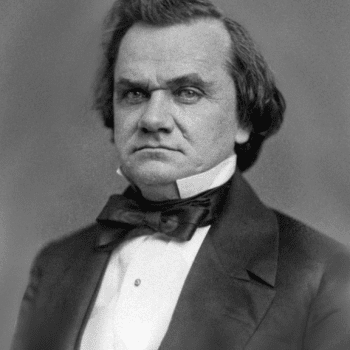
Christians are often accused of hypocrisy, but it is a universal problem, particularly among people of religious convictions. No one always lives up to his or her ideals. Nowhere in the Bible does it claim that the Christian life will be easy, and obvious failures to live out what a person believes are easily vilified by a watching public. Christianity, for example, calls on people to put others first. This runs completely opposite to the natural inclination of people to be selfish.
Some Christians are aware of their own vices and try to encourage a selfless lifestyle in others even while they acknowledge their own weaknesses. This is an honest struggling with faith and the realities of sin. In fact, many Christian teachers have suggested that it is not hypocritical to act in ways that are untrue to the way you really feel if in fact you wish to become that kind of person in reality. It is only hypocrisy when you want to project an image that you genuinely care nothing about. So, for example, it’s not hypocrisy to act in love toward another even if you don’t feel loving; it’s only hypocrisy if you want people to see you and admire your loving behavior rather than become the kind of person who really loves.
Other people, however, find themselves reluctant to own up to their own failures. So, they might preach selflessness while refusing to publicly acknowledge their own selfishness. This can lead to those around them calling them hypocrites. One father might rebuke another for not spending enough time with his children, but when he goes to the park with his children he spends the whole time tapping away at his phone. A woman might sneer at how vain another woman must be for wearing so much make-up, and blithely ignore how much money she herself spends ensuring she has the latest fashions.
People today are obsessed with what is called “virtue signaling”—a way of projecting a great moral high ground. People can get so busy trying to prove that they are more virtuous or enlightened than their neighbors that they lose track of their own flaws and failings, or worse, they find a thousand excuses for why their own mistakes are actually the fault of someone else rather than themselves. Hypocrisy, however, is nothing new. In fact, it was one of the sins Jesus most despised. The Gospels are full of stories that show Jesus calling out the Pharisees for their hypocrisy (Matthew 23.1-32; Mark 12.38-40). They were displaying great piety and religious decorum while inside their hearts were full of greed and selfishness. Only full honesty, and the humility that will come as a result, are acceptable before God (Luke 18.9-14).
Some people see Christians as hypocritical simply because Christians tend to be more outspoken and open about their faith than those of other religions. Christians believe, and preach, that their faith transforms them, and it’s easy to point to failures when that transformation seems to fall short. In reality, Christianity teaches that the Christian community is a community full of sinners, of those who fail to live up to God’s ideal. Sometimes those failures are grossly obvious (like the failures of a well-known pastor), and sometimes they are small, personal failings. Christianity, however, encourages the constant practice of repentance and the renewed effort to obey God. Even hypocrisy can be forgiven for the one who repents.
3/23/2021 6:32:41 PM








